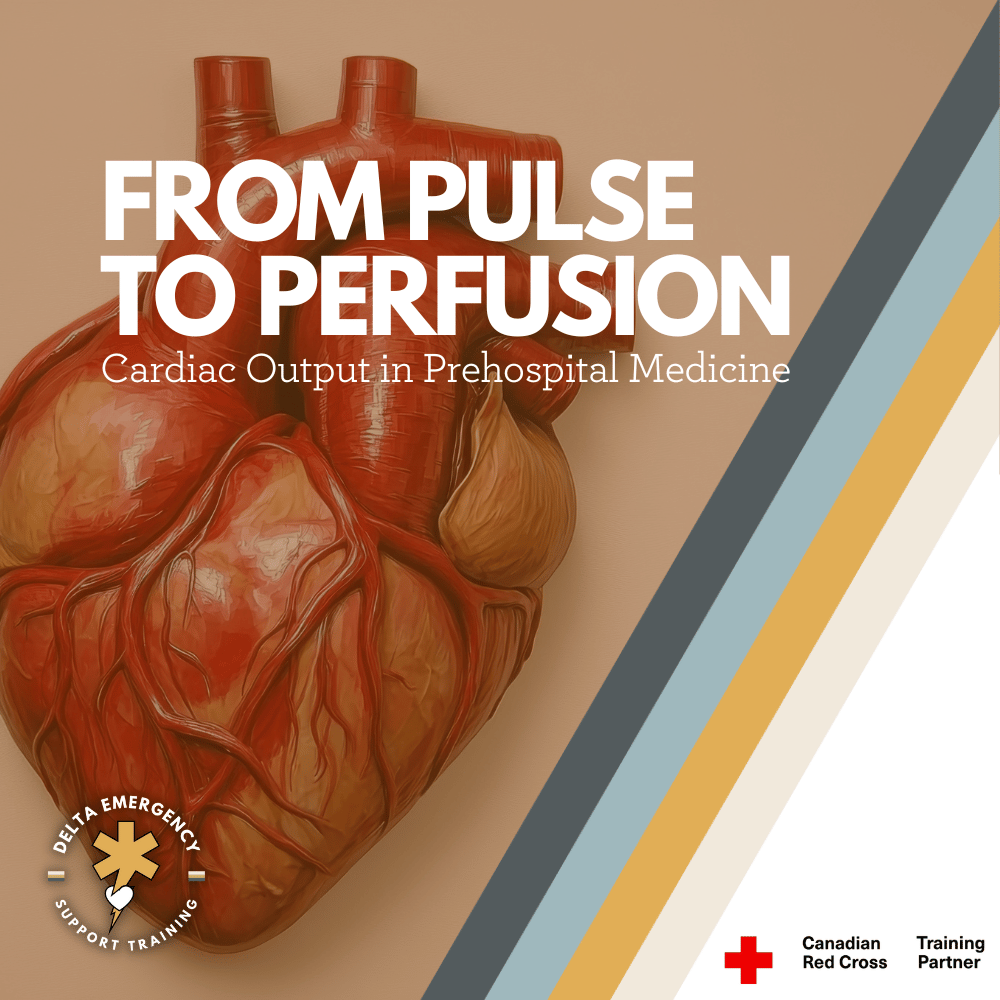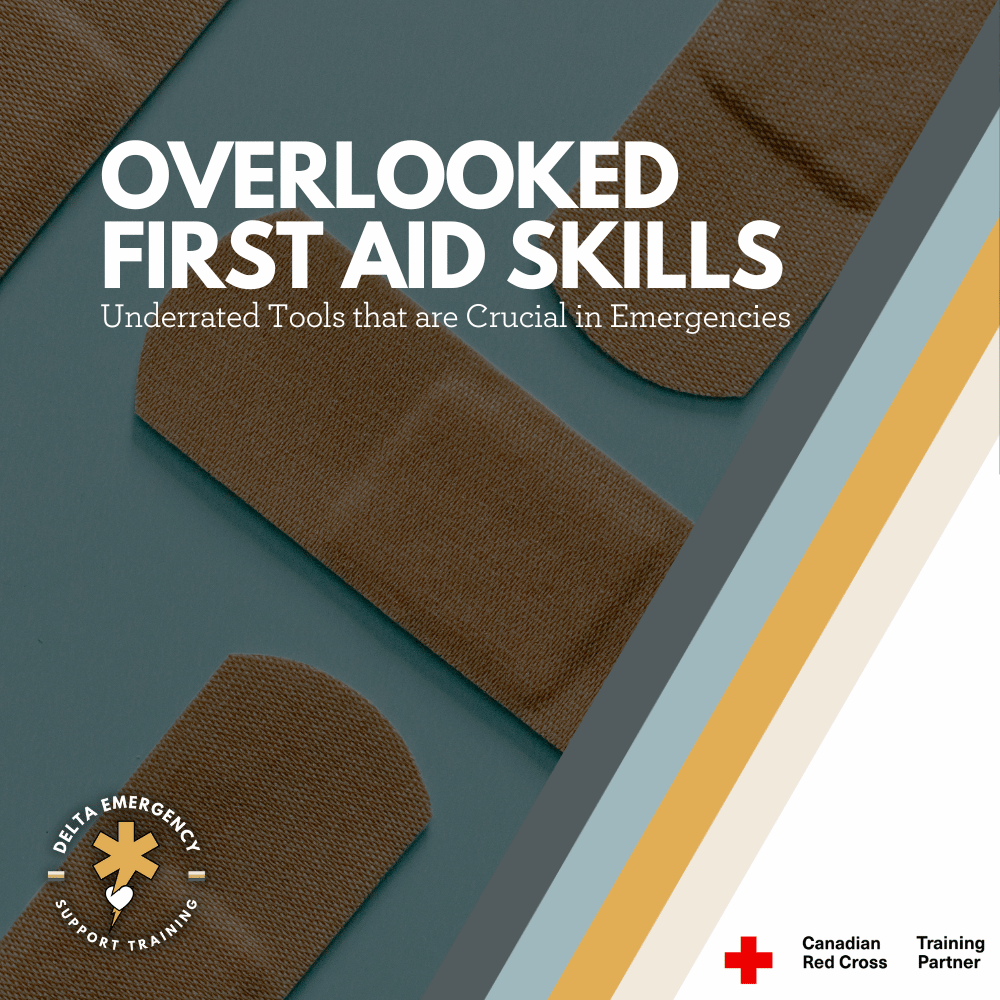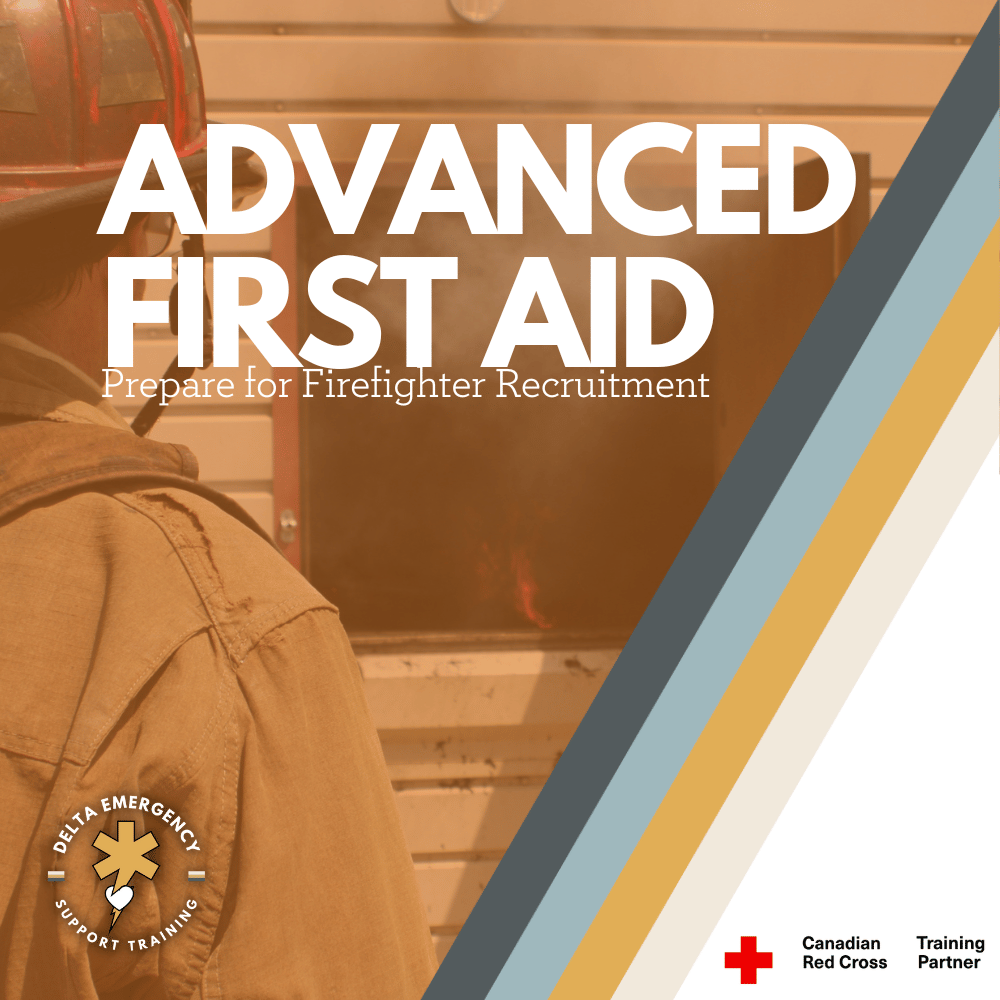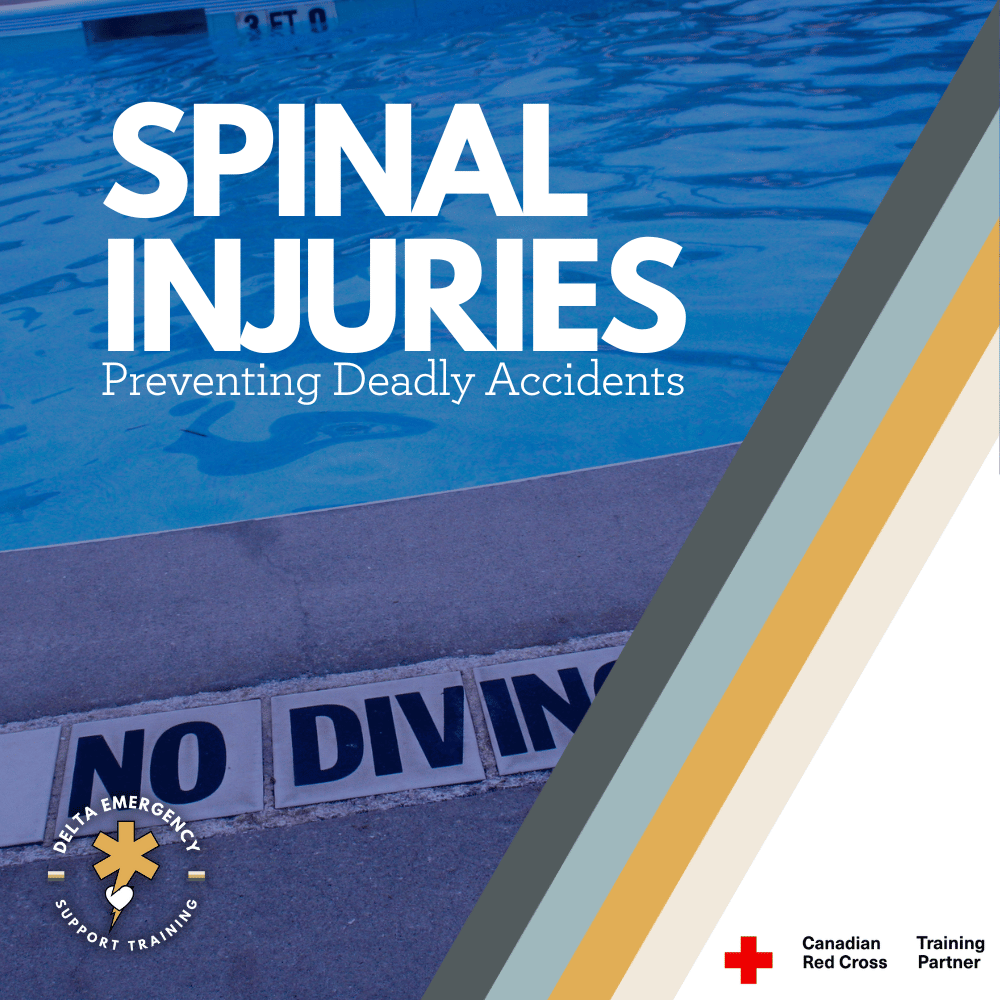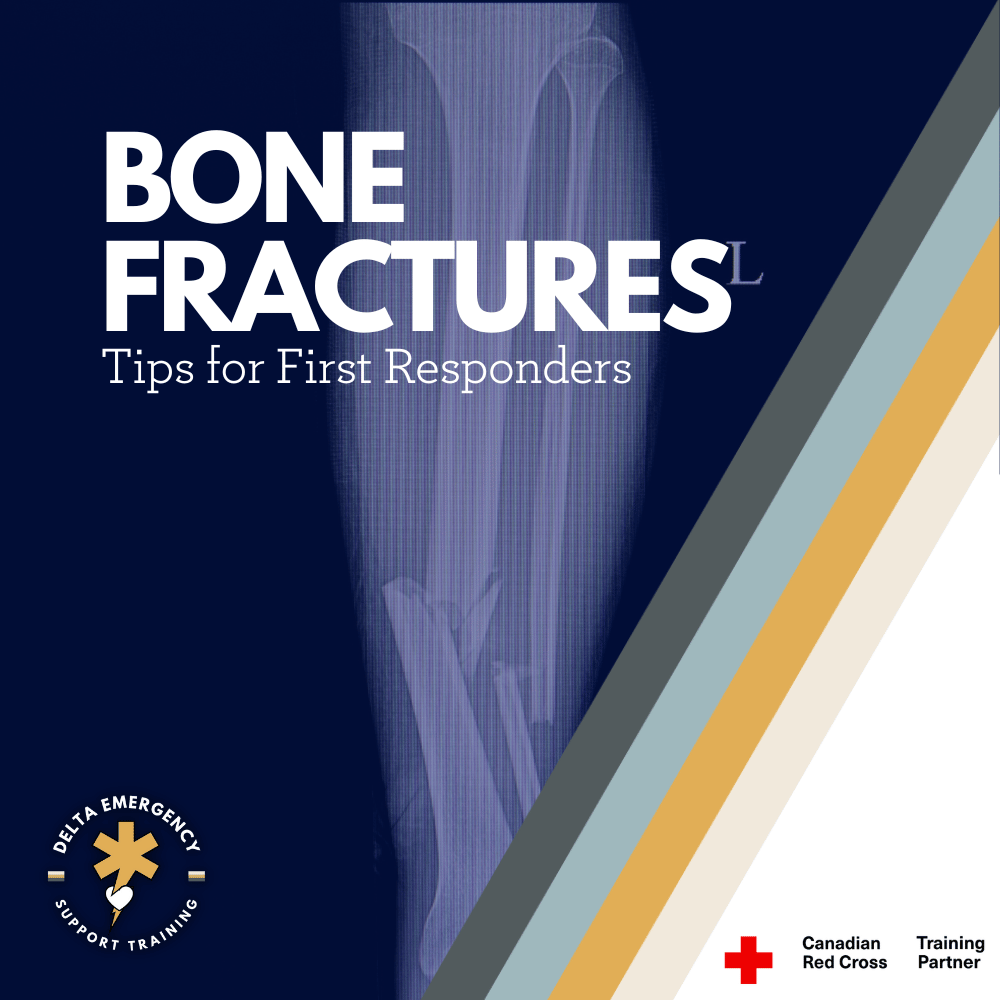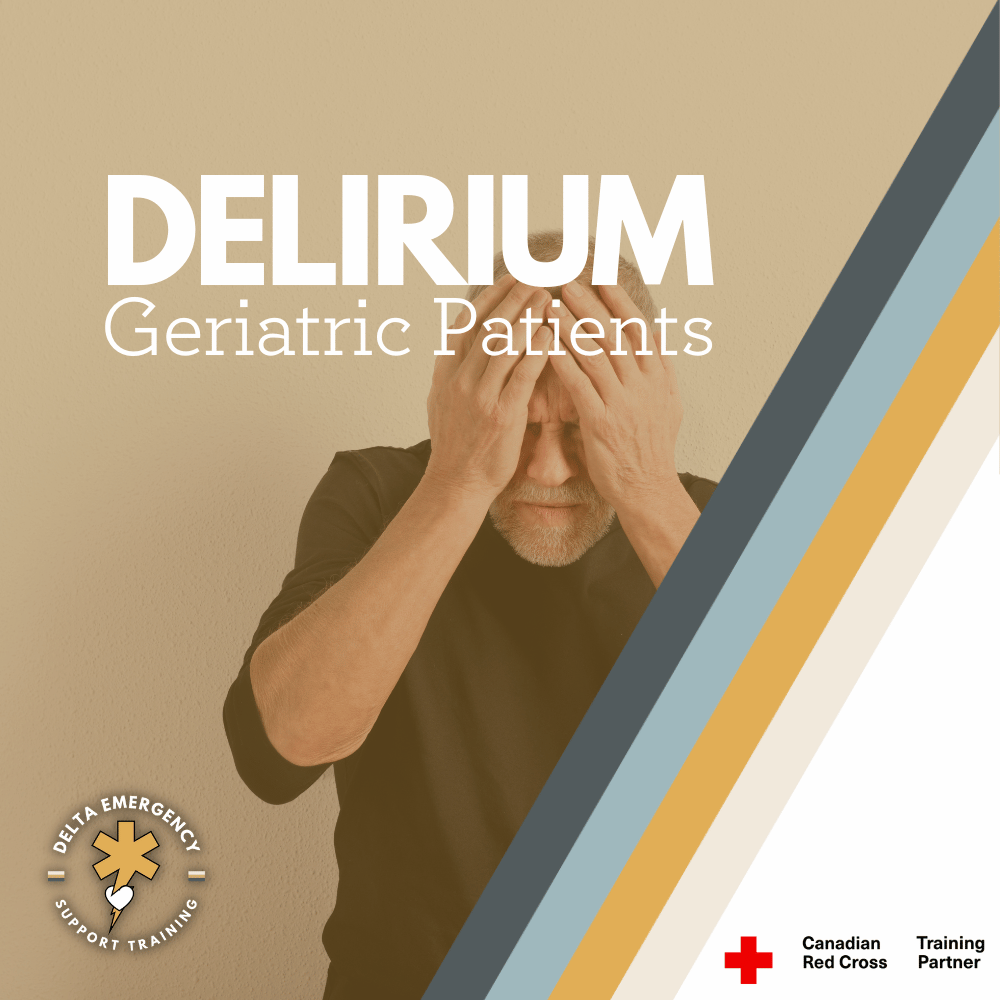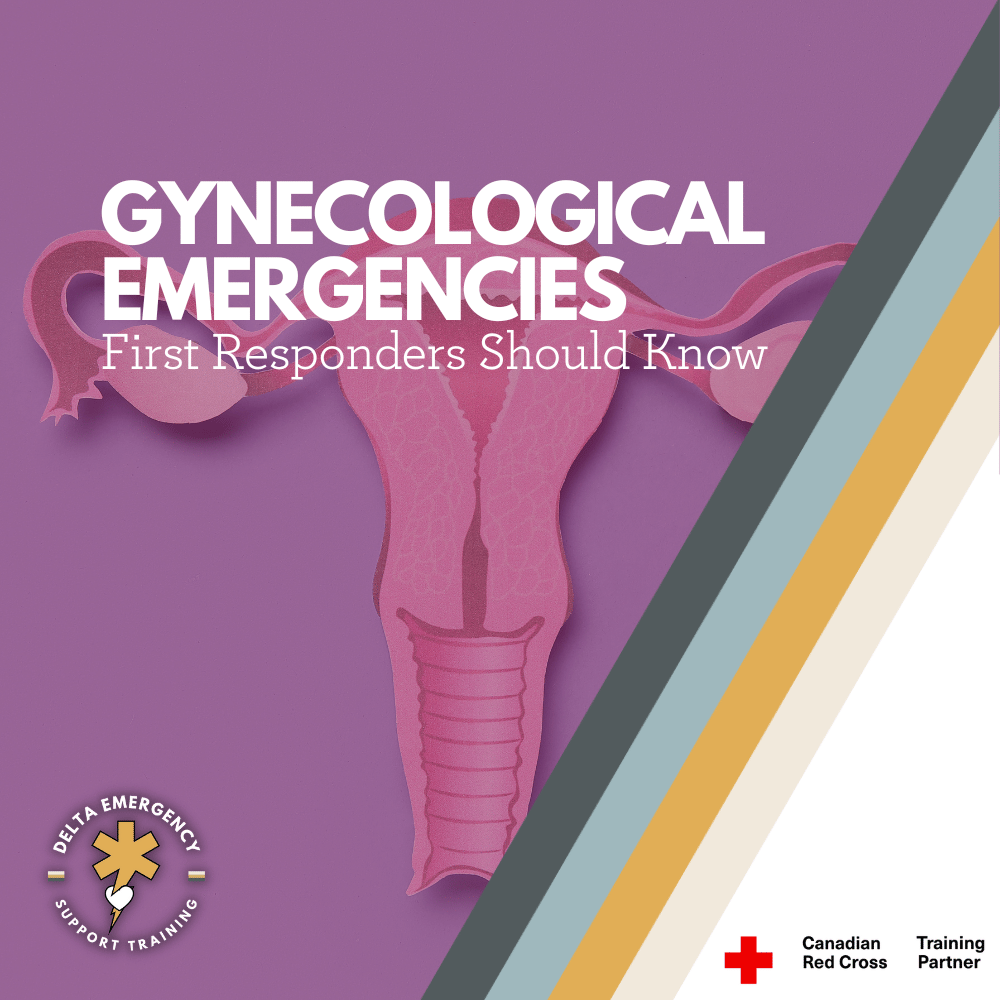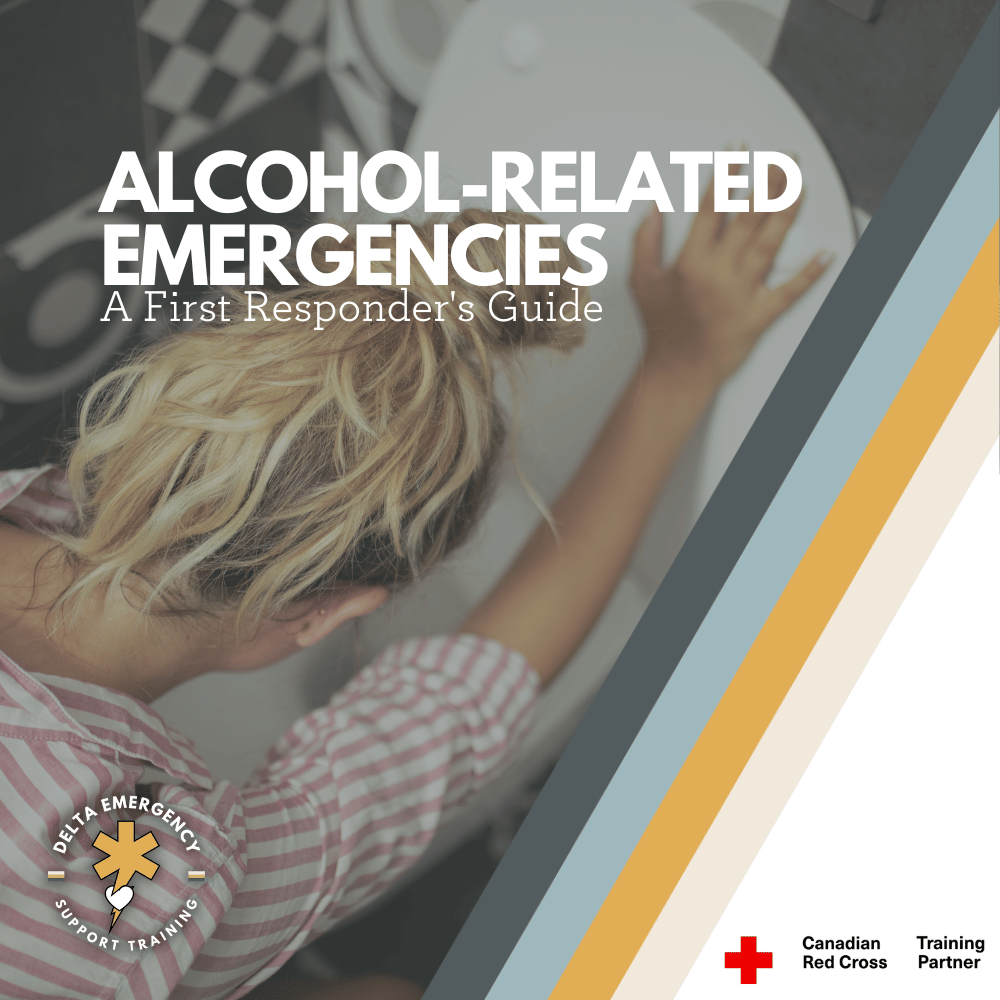Gestational Diabetes Explained: Prehospital Care for Expectant Mothers
/Gestational diabetes isn’t just a medical term — it’s a serious condition that can affect both mother and baby. For first responders, understanding the signs, complications, and emergency care priorities can make all the difference during a call involving a pregnant patient.
Read More